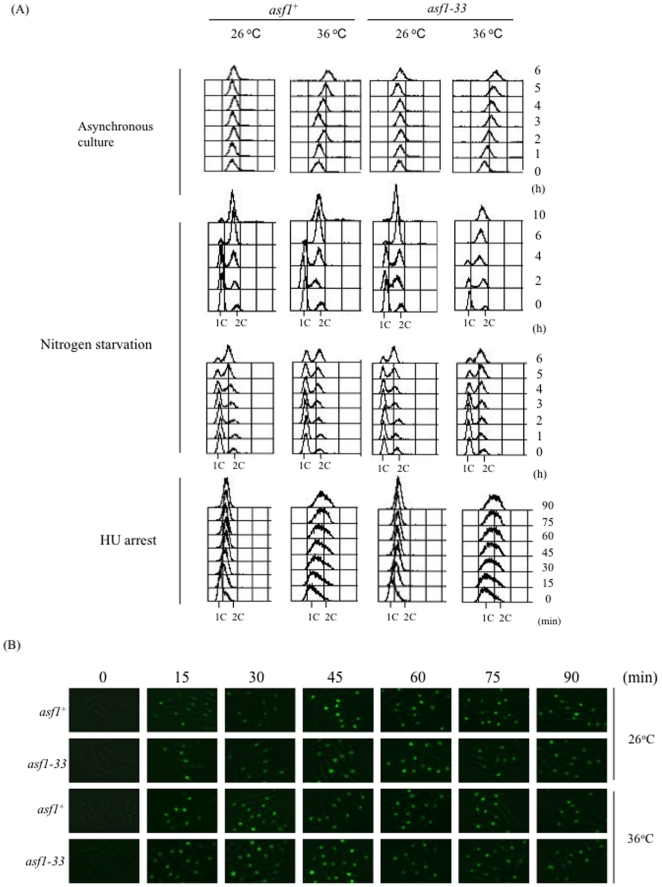Figure 4. Cell cycle progression was not delayed in asf1-33 mutant.
(A) Cell cycle progression of L972 (asf1+) and SKP593-33P (asf1-33-13myc-kanr) was blocked at G1/S phase by incubation in EMM2 medium containing 20 mM hyroxyurea at 26°C for 4 h. To synchronize cell cycle progression, cells were incubated in EMM (-Nitrogen) at 26°C for 12 h to induce G1 arrest. The cells were washed three times with sterilized water and then incubated in EMM2 medium at 26°C or 36°C for 90 min (HU block & release) or in YES medium for 6 h (G1 arrest & release). Samples for FACS analysis were obtained every 15 min (for HU block and release) or 2 h (for G1 arrest and release). Cells were fixed with ethanol and stained with propidium iodide after RNase A treatment. (B) BrdU incorporation at S phase was not decreased in the asf1-33 mutant at 36°C. HM664 (nmt1-TK−) and KT68 (asf1-33-13myc-kanr nmt1-TK−) were incubated in EMM (without thiamine) at 26°C for more than 12 h to induce thymidine kinase gene expression. The cells were transferred to EMM containing 200 µg/ml BrdU and incubated for 90 min at 26°C or 36°C. Samples were collected by centrifugation every 15 min and fixed with ethanol. The cells were treated with Zymolyase to make spheroplasts. After washing with PBS, 3.5 M HCl was added to samples to denature the DNA. Anti-BrdU antibody was added and the samples were incubated at 26°C for 24 h followed by incubation with anti-mouse IgG Alexa 488-conjugated antibody. Fluorescence images were taken with a fluorescence microscope.

